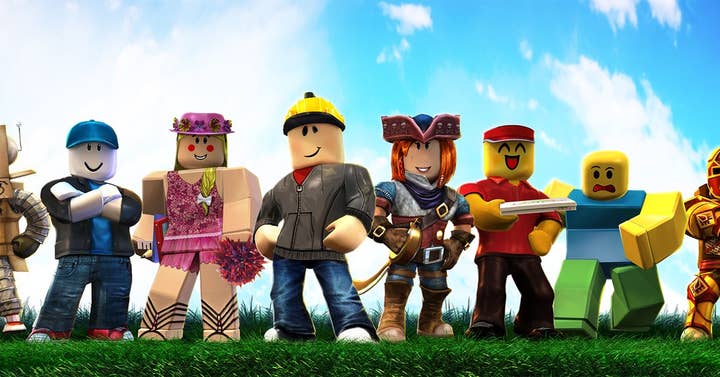Leaked documents show Roblox agreement plans in China
2017 plans detailed content moderation, segregating Chinese user base, potential Tencent 'copycat' and more
Internal documents leaked from Roblox have detailed the firm’s early plans to align itself with a number of Chinese censorship rules and laws.
According to the August 2017 documents, which were shared by Vice this week, the company listed several key features necessary for Roblox’s launch in China, and had plans to separate its Chinese user base from other international players.
The company also discussed the potential that its Chinese launch partner Tencent may seek to hack the game, or launch its own 'copycat' version of Roblox.
On a slide shown in the documents, Roblox said that Tencent "seem to have [a competitor] in the wings," and went on to highlight its own platform’s strengths, which included its social network, deep technical stack and hard-to-replicate engine and global developer community.
A breakdown of what Roblox needed to do before launching in China included making China’s catalogue of games and virtual goods a subset of the global catalogue, and separating it from international content. It also aimed to implement segmented play and user item trading, or not allowing trading at all in China.
There was also a note to adhere to anti-addiction mechanisms implemented in the country, that limit how much time children can spend in-game, but actions such as chatting, watching videos and editing avatars did not count as play time.
It also added that full translations of iOS, Android, desktop and user generated content were required on day one.
A further table of key features suggested that its biggest task would be to set up local web servers, a job marked as a large effort on one slide. It stipulated that Chinese players can only play on Chinese servers so that laws can be enforced, and later added that personally identifiable information (PII) for players in China must remain in the country.
At the time, the company said that this level of preparation had to take place because the government review process for game launches can take up to eight or nine months. It added that "some missing translations are OK, but all critical features are required for both efficiency and government relations."
The game also required strong content moderation, including a text filter, image porn and violence detection, video moderation and real-time chat translation.
In a separate document also shared by Vice, a presentation dated November 2018 saw Tencent go into detail about what content could and could not be shown in games. This included horror characters or scenes, mistreatment of corpses, or revealing imagery.
Other banned content included the promotion of polygamy or one-night stands, or images and names of national leaders.
Companies also "must not tamper with historical facts, cultural events and historical figures," and added that the map in game "must respect the integrity of the country and must not misrepresent the Chinese territory."
Last year, the company launched the LuoBuLesi app in China in partnership with Tencent, but by December, the app had been removed from local app stores. At the time, a spokesperson for the firm said the removal was a part of a "number of important transitory actions."

